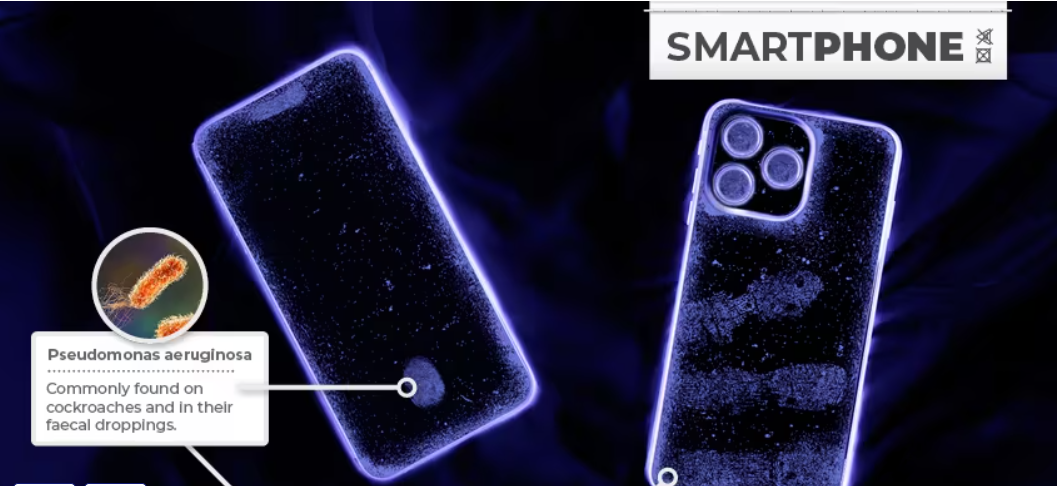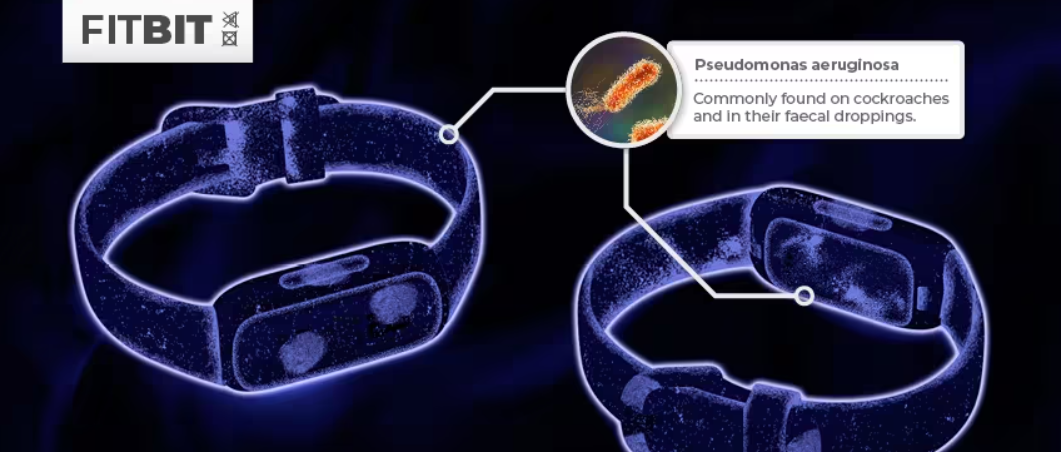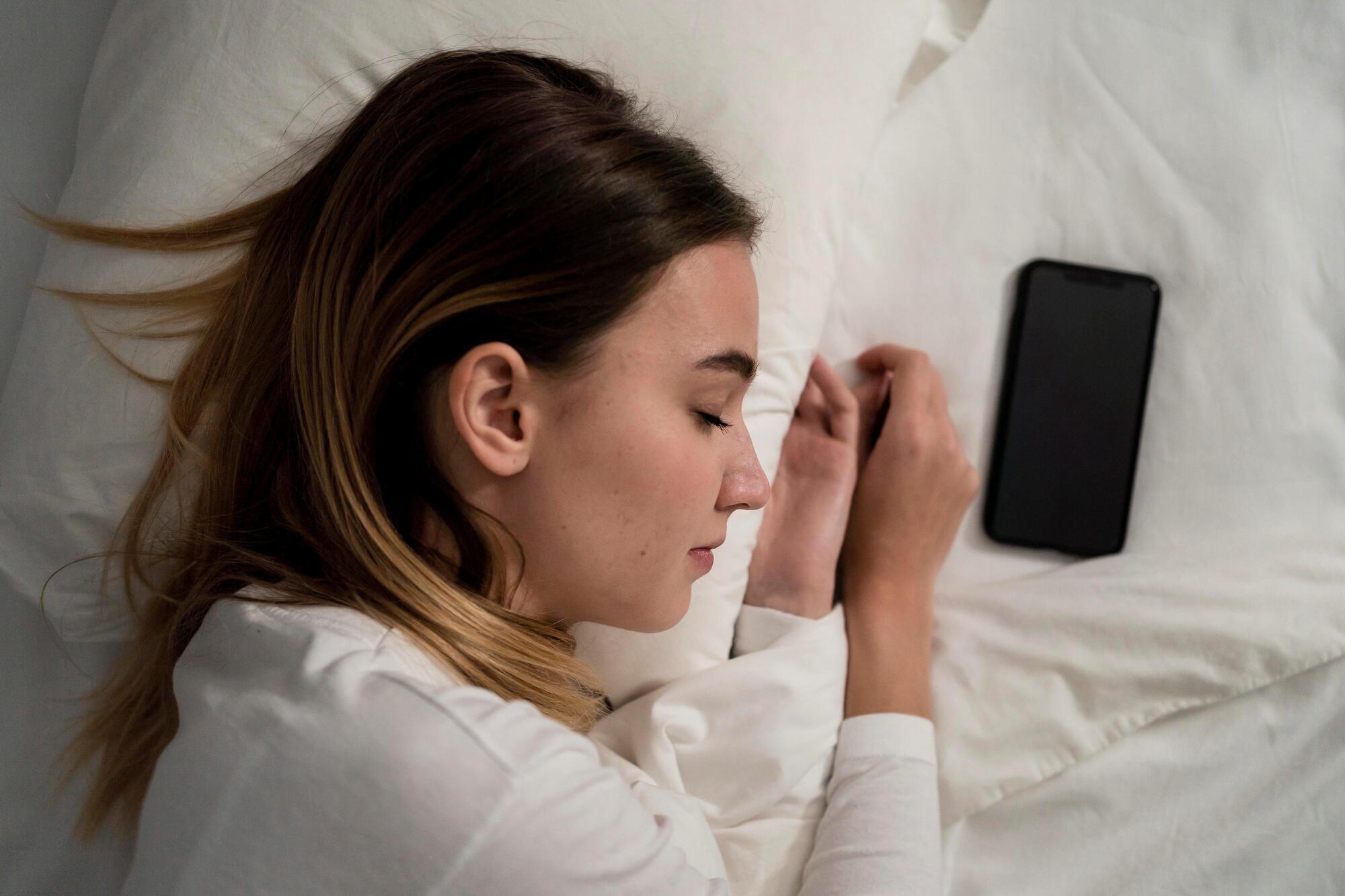News
Why you should not use your phone before sleeping: scientists warn of dire consequences
A recent study by scientists shows that the phone harbors harmful bacteria that are commonly found in cockroach excrement. Contact with these microbes can lead to rashes, pneumonia, and even sepsis in vulnerable people.
In addition, scientists warn that the warm, moist environment in your bed is an ideal place for this pathogen to grow and spread. Since the average person touches their phone about 2617 times a day, it's no wonder that our devices can quickly become extremely unhygienic, MailOnline writes.
Scientists have previously conducted research on the amount of bacteria on the surface of a phone. Their results showed that the buttons on a smartphone can hold 10 times more bacteria than a toilet seat.
Still, this study was conducted to find out what kind of bacteria our devices harbor. Scientists took swabs from ten smartphones and ten smartwatches. The bacteria were then allowed to grow in the lab so that the researchers could see what microbes were present.
The results of the study show that smartphones are the dirtiest technology, with even more bacteria than previously found on TV remotes.
The most common bacterium living on phones and smartwatches was Pseudomonas aeruginosa, a bacterium commonly found in cockroach feces. And one of the best conditions for its development and spread is the humid, warm climate of your bed.
So, scientists warn that taking your smartphone to bed with you potentially exposes you to harmful bacteria that live on the surface of devices.
Studies have shown that the average person sweats up to 700 ml per night, and the temperature in bed usually reaches 20°C. This creates an ideal environment for bacterial growth and potential infection.
"Remember, your bed should be a sanctuary for rest, not a petri dish for potentially harmful bacteria," says sleep expert Martin Seeley.
Although the bacterium Pseudomonas aeruginosa is harmless in most cases, it can lead to more serious complications. Exposure to it can cause eye infections, skin rashes, pustular acne, diarrhea, headaches, and other illnesses.
For those who have a weakened immune system, the consequences can be even more dire. It can cause a number of infections, such as pneumonia, urinary tract infections, and even sepsis.
In hospitals, this cockroach-borne bacterium is known to be the main cause of infections among patients with poor health.
To reduce the risk of infection, experts recommend cleaning your phone with alcohol-soaked wipes or an ultraviolet disinfectant regularly.
Another simple way to reduce your exposure to harmful bacteria is to limit how often your phone touches your face. This may include keeping your phone out of bed or taking regular breaks from using your device before sleeping.
"By implementing these simple hygiene practices, we can all sleep a little sounder knowing we're not sharing our beds with cockroach-related bacteria," Mr. Seeley adds.
Only verified information is available on OBOZ.UA Telegram channel and Viber. Do not fall for fakes!






























